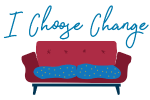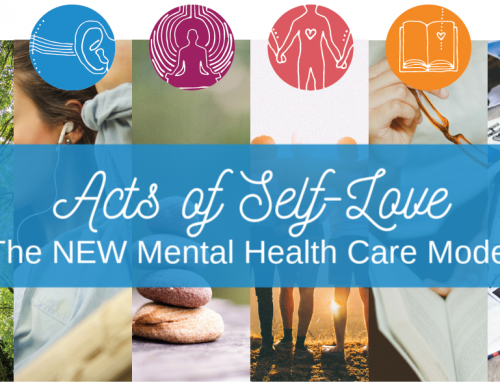Our life script is so automatic, that to change, we need to stop and just be the audience. In our minds, we create our own narrative, which is to say, we create the stories that create our life. This may seem strange, but think about it a moment. Clinical Neurologist Oliver Sacks wrote that his patients were stuck in their own world – where the mind didn’t appear to be working the way most of our minds work, and he says each of creates a story of our life – a “narrative” of which becomes our identity. Another psychoanalyst, Thomas Szasz says, “the self is not something one finds; it is something one creates.” Louis Cozolino says in “The Neuroscience of Psychotherapy” that our nonconscious decision-making penetrates and shapes the construction of the self.
As we begin to learn about who we are, understanding our powerlessness and power all at once, we realize that what we’ve learned about “who we are” is really an exercise in thousands of experiences that occur around us which shape our mind into a story that we adopt as “ours.” The stories we hang on to about our lives, and about the world around us, is what helps us make sense of ourselves and other people. The stories help us attach meaning to our life, and the world around us, so we feel more grounded and in control. Dan Siegel says stories not only shape our sense of self, they shape our culture, and that we are “storytelling creatures.” Stories others tell help instill wisdom through the generations. They also build beliefs. The beliefs we take in from other’s stories can then become our own beliefs, and hence, part of our own narrative. Our self concept shapes and is shaped by the stories we tell ourselves.
Stories can be both conscious and unconscious. When someone tells me, “that’s just who I am” I know what they’re really saying is, “this is the story I’ve chosen to take on.”
We wear our stories like armour. They make up who we are, and by choice, we wear our stories like a cloak that gives us our self-identity and self-concept. We “are” because of who we choose to be, based on the stories we tell ourselves. Our stories are universal and span the entire lifespan. Stories play a major role in how we regulate how we feel as well as our memory processing. And finally, the stories we create are important to our everyday communication as well as our internal sense of self.
Sometimes our narrative or story is called our “internal working model.” That simply means it is the model or template which guides us through daily decision making. Our narrative becomes our belief structure.
I wrote an article in 2008 called “The Rationale Behind a $5000 Prostitute” just after it was found out that Eliot Spitzer, then Governer of New York, had patronized an escort service. It was found that Spitzer actually spent close to $100,000 over the period of several years on prostitutes. My response to the scandal is about self-worth. When someone has low levels of self-worth, they usually look outside themselves to find their happiness. A high dollar prostitute may be just what Spitzer needed to feel worthy at the time. But in reality, sex is free, isn’t it? He was married at the time, and for a man and woman who are in a normally functioning relationship, Spitzer need not pay for his sex and companionship. I would argue that his narrative is skewed.
It’s easy to see how we can create errors of reality – how what we believe to be true is only a mere perception of our own reality and may not be other’s reality. Our narratives can be distorted because we’re biased as we create them.
So we must ask ourselves some difficult questions: Do you like that behavior? Do you like the lines in your life’s play? Would you say them differently? And if you did say them differently, how would they be received by other fellow actors (the people in your life).
How you say things, how you do things, and the energy you bring to your play – to your life – determines your outcome.
Photo credit here.




